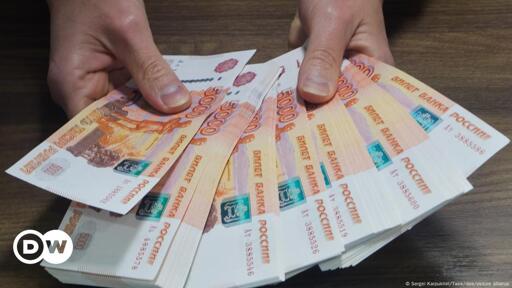Summary
Russia’s ruble has plunged to its lowest level since March 2022 following new U.S. sanctions on Gazprombank, a key platform for energy payments.
The ruble’s slide, driven by sanctions, falling oil prices, and soaring defense spending, has intensified inflation and strained the war economy.
While the Kremlin benefits from a weaker ruble by converting foreign revenues into more domestic currency, experts warn of overheating risks and financial instability.
The Russian central bank is scrambling for solutions, but long-term economic pressures and declining oil revenues pose significant challenges.



Usually, but perhaps not all. North Vietnam did not repel the US through its superior industrial capacity / economy.
Well no, North Vietnam repelled the US with China’s military force (mostly just manpower/cannon fodder). But regardless, saying that the war was economic doesn’t mean that one side’s economy must be superior to the other’s in order to “win”. The Vietnam war is actually a good example of an asymmetric situation, because North Vietnam’s economic capacity really had no bearing on the outcome. The war was astronomically expensive for the US, which had spent US$168 billion by 1970. Adjusted to 2019 dollars this is US$843.63 billion, making it the 4th most expensive conflict in US history.
Vietnam didn’t have to out-produce the US, they just had to drag the conflict out until it became too costly to sustain.
To put it another way, it’s not a question of how much war you can afford, it’s a question of how much war you can force the other guy to pay for, and what he can afford.